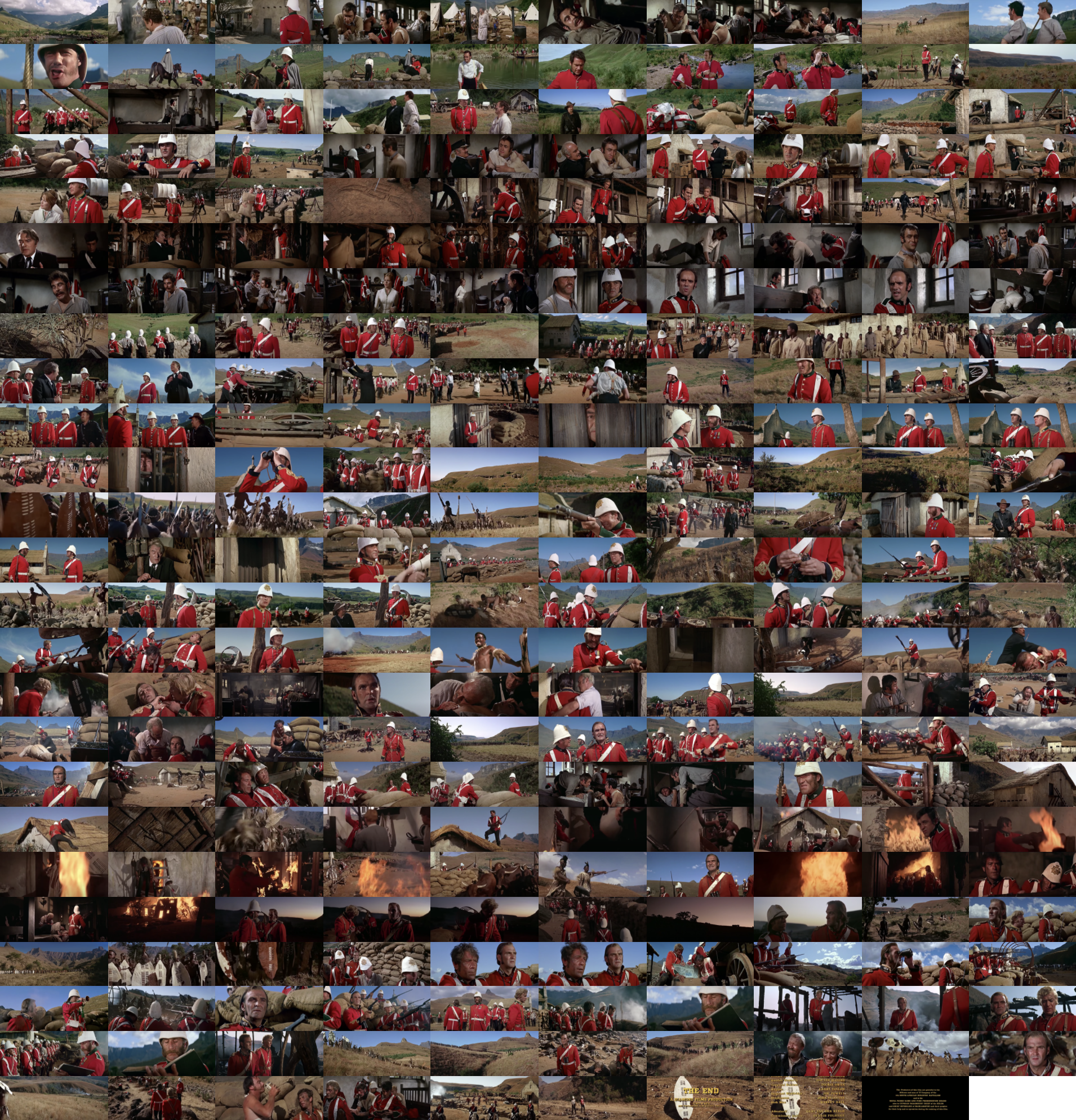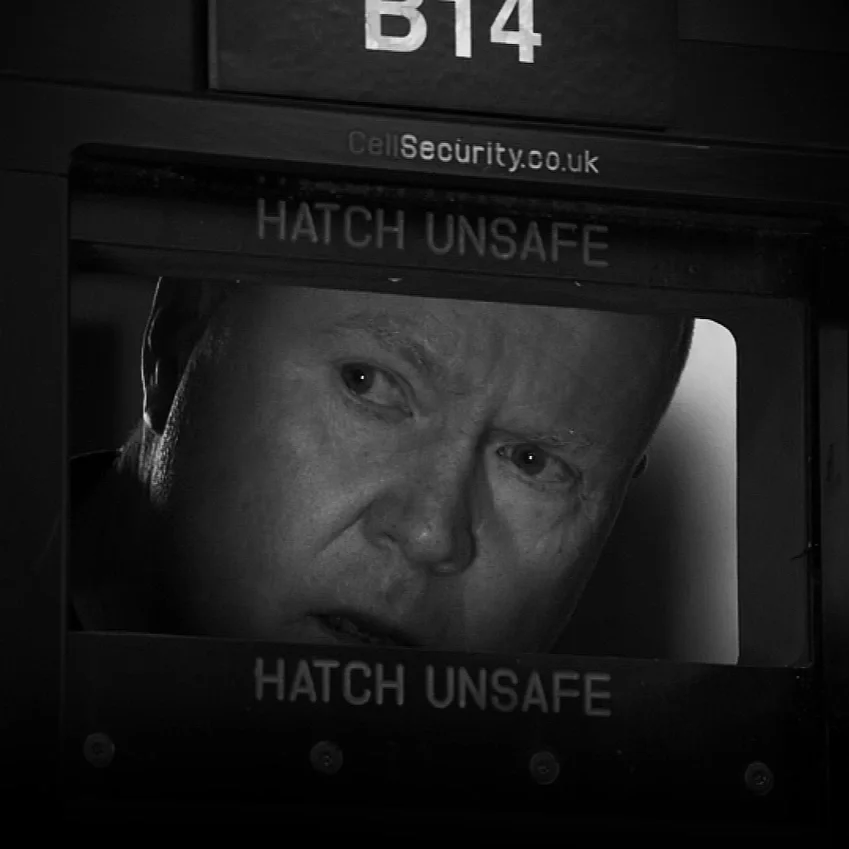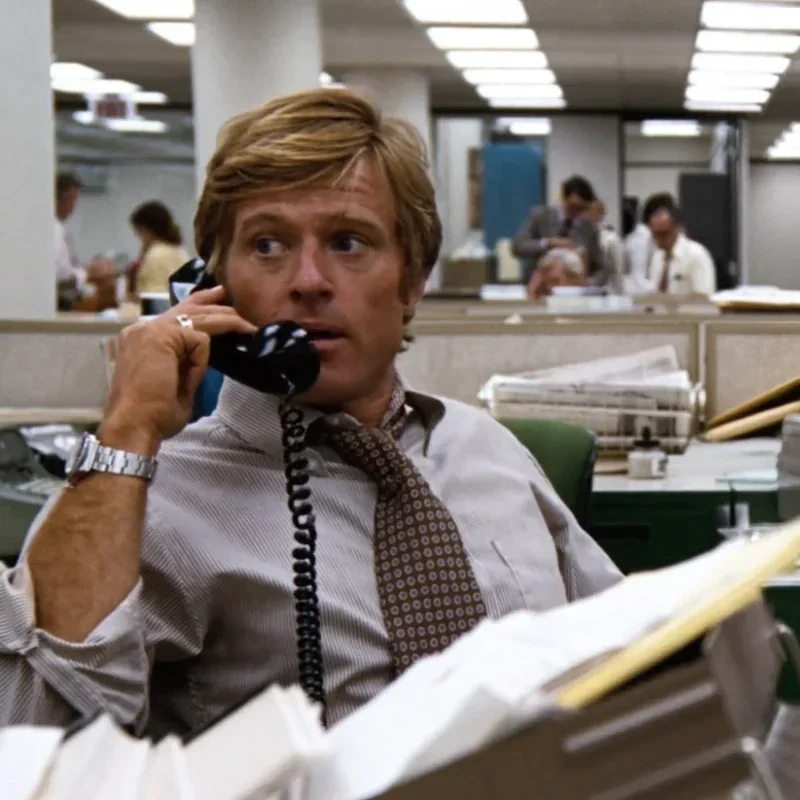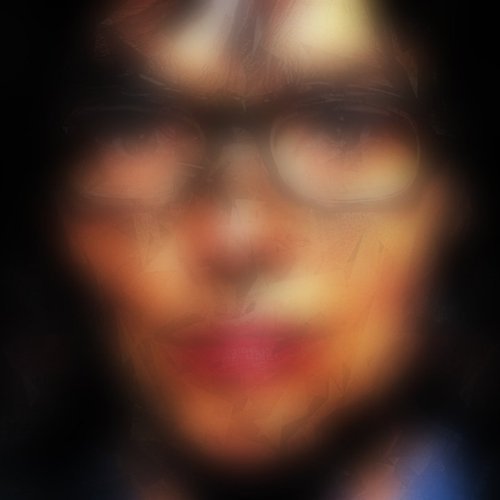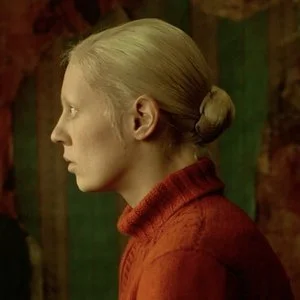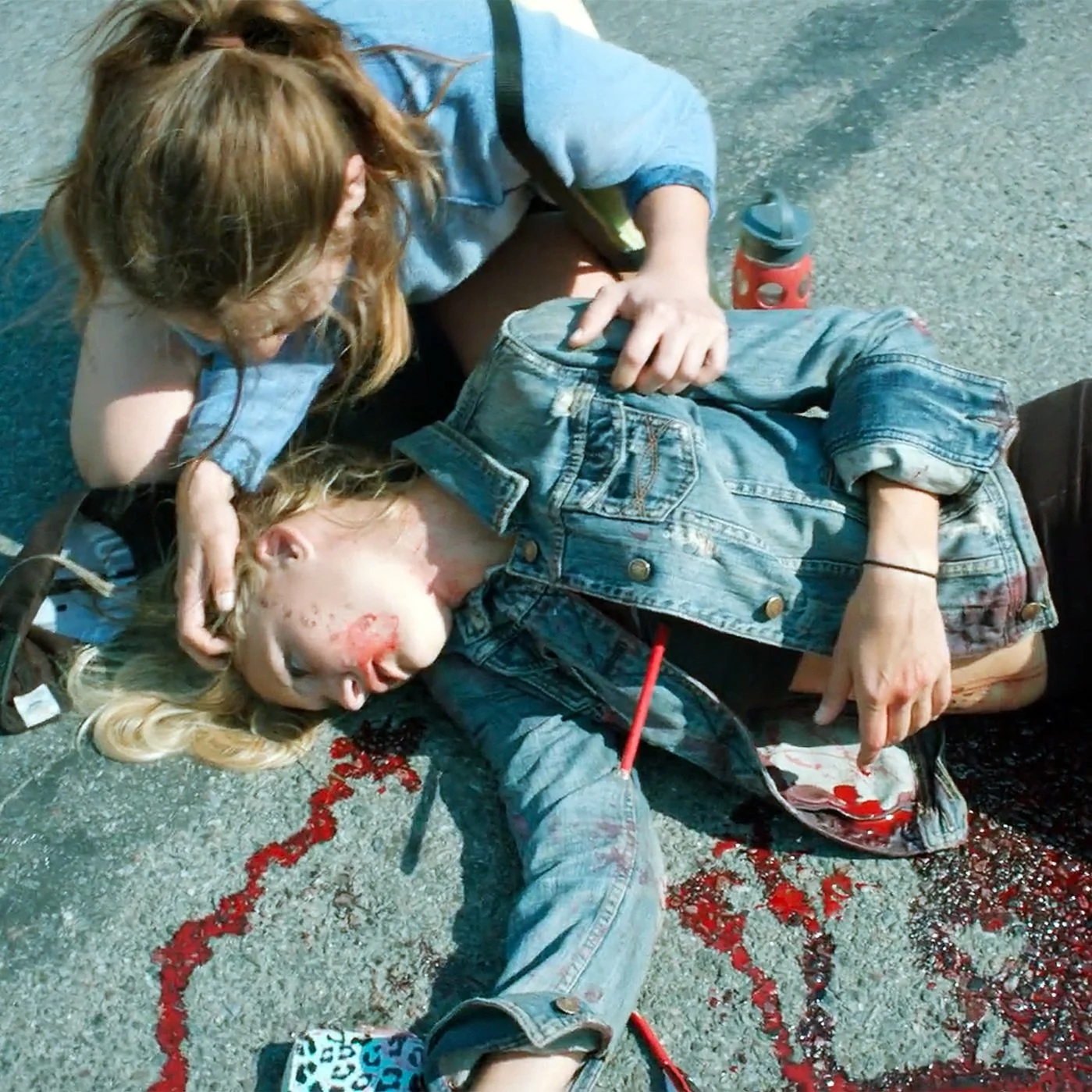For God's Sake Come Back: The Legacy Of Zulu Dawn
Even in an era of reparation, celebrations of Empire are still remarkably commonplace for the English, and there’s still a wealth of movies which still regularly air on British television which glorify its unsettling colonial past. The most common of these is Zulu (1964), which introduced Michael Caine to the world, and depicts the bravery of around a hundred British soldiers in the overwhelming face of three thousand eponymous Zulu warriors. Quotes from the film have passed into common language, and it’s routinely held up as a paragon of heroism from an age when the British held up heroism in the face of non-Britons as something to be revered.
It’s January 1879 in South Africa, and Zulu tells the true story of the Battle of Rorke’s Drift, a small hospital station manned by a small garrison of engineers and soldiers as part of a larger supply chain supporting the British invading force into Zululand in South Africa. The Empire is reaching its zenith, and is seemingly invincible. However, along with this spirit of invincibility comes extreme arrogance. The belief that all land in Africa from Cape to Cairo belonged to ‘The Great White Queen’ (Victoria), and that any locally resistant uprising should be dealt with as if punishing an unruly child. A force of three thousand Zulus, inspired by events earlier in the day, and against the wishes of their King, attack the small hospital for several hours, but are repelled countless times due to the courageous efforts of the British (aided immensely by their superior firepower, no match at distance for shields and spears of course).
The story is notable for earning many of the defenders the Victoria Cross, the highest honor for British military achievement and courage against overwhelming odds in the face of the enemy. Across the medal are simply written the words ‘For Valor’. As such, Rorke’s Drift is often seen as one of the most glorious ‘victories’ against a native force. And while the Zulu impi that day may have outnumbered the British defenders by a ratio of thirty to one, they proven unequal to the makeshift British defenses, their state-of-the-art Martini-Henry rifles, their superior drilling, and their supposedly superior leadership. If it was going to be anything for the Zulus, it was going to be a pyrrhic victory at best. Richard Burton reads the names of the victors at the end of the movie as leads Stanley Baker and Michael Caine mop up.
Like most historical movies, especially those made in the sixties in celebration of Empire, the script plays fast and loose with the truth. Michael Caine plays Lieutenant Gonville Bromhead, here portrayed as the epitome of the aristocratic British superior. In reality, contemporary military accounts describe him as ‘deaf as a post’ and ‘a capital fellow at everything except soldiering’. One even goes as far as to ask ‘Is it not curious how some men are forced into notoriety?’. Stanley Baker plays the more down-to-earth Lieutenant John Chard, officer commanding, with his usual charming, smoldering depth. The two eventually learn to work together (which is accurate), with Chard ordering the immediate defenses of biscuit boxes, wagons and grain bags upon hearing of the Zulu advance, something that would be critical to the garrison’s survival.
Inaccuracies abound though. Private Henry Hook gets a particularly rough deal from the writers, portrayed as a drunken, thieving rogue when in fact he was a tee-total, god-fearing model soldier. There are sequences where both sides chant to each other to ‘honor’ their respective bravery near the end of the encounter. Again false. And perhaps worst of all, there’s confusion about whether or not the company of defenders was even English at all. The truth is that of the 122 soldiers stationed there, 49 were known to be English, and only 32 were Welsh. The movie does a grand job of portraying the regiment as Welsh through song and conversation, but at the time it was the 2nd Warwickshire, a county in England. So all the singing of traditional Welsh songs to keep their spirits up, however uplifting for us in the audience, is unfortunately fiction.
Many theories explore why Rorke’s Drift has become such a beacon of British colonial heroism, not least of course reinforced by the continual re-airing of the movie on British screens for the past fifty years. The most common contemporary conclusion is that it was to mask what had happened earlier in the day, a few miles down the road at Isandlwana.
Leaving a defending garrison of over a thousand men to guard the camp, Lord Chelmsford, commanding officer of the main British invading force, splits his resources in order to head off in pursuit of what he believes is the more substantial Zulu impi, seeking a decisive, single encounter to end ‘the Zulu problem’. Outmaneuvered and completely overwhelmed, the remaining force are swiftly and decisively attacked themselves by over 12,000 Zulus, and slaughtered to a man. At the time it was the single biggest defeat of the British army by a native force in history.
These events are captured in Zulu’s 1979 prequel, Zulu Dawn, which doubles down on the British colonial arrogance already on display in the first movie, and adds a degree of long overdue sympathy for the Zulu situation, although it’s only a small splash of acknowledgement. The ‘heathen savagery’ of the Zulu force is still reinforced, even in the heat of battle when native contingents, fighting on the British side, are refused ammunition (as was likely the case). Of the tens of thousands present, only one Zulu is ever named. It’s easily more star-studded than it’s predecessor too, with Peter O-Toole, Burt Lancaster, Simon Ward, Denholm Elliott and Bob Hoskins all in prominent roles. The Battle of Isandlwana is a fascinating case study of logistical blunders, arrogant commanders, underestimated adversaries and ill-prepared defenses. The most common rationale for the defeat of the British is that the supply line of ammunition between the camp and the firing lines was too extended to effectively repel the advance of the Zulus, ultimately causing the firing lines to slow, and then to stop altogether. Once this happened, and coinciding with a solar eclipse, the Zulus took the pause as a signal to attack, then rose up as one, encircling and destroying the camp and everyone in it. A handful of soldiers managed to escape to tell the tale, but of the 1,800-plus force of British troops and African support staff, over 1,300 were killed, most of them Europeans.
While Zulu Dawn portrays events at Isandlwana with the same creative license as its predecessor, it’s still depicted as a British defeat rather than a Zulu victory. It’s British heroism and gallantry in the face of overwhelming odds rather than bravery by the outgunned, outresourced and outsupplied Zulus. It’s still colonialist propaganda. The Zulus not only outmaneuvered the British, but fought with well-drilled strategic direction, luring their opponent into a siutastion from which there was no escape. The two officers to win the Victoria Cross at Isandlwana were the ones trying to save the regimental colors, something they ultimately failed to do as the flag is lost to the raging Buffalo River.
I’ve been to both the Rorke’s Drift and Isandlwana in South Africa, and it’s a sobering, humbling experience. I’ve touched the recovered colors and the Victoria Crosses in the regimental museum in Wales. I’ve read the contemporary Victorian accounts and modern attempts at reparation. Isandlwana’s a quiet, beautiful place marked by dozens of white stone grave markers in front of the small mountain from which it takes its name, and I recall not hearing or seeing any birds that day. It’s as if nature has decided to leave the awful memory of these places alone in history to a silent commemoration, to its own reflection. South Africa has a troubled colonial past, and an even more troubled present as it wrestles with its own history and path in the world, and the reruns of Zulu on British television hold these events far enough away for the English to still be able to enjoy their cups of tea as they watch on a rainy Sunday afternoon.
And it’s not just South Africa that’s struggling. Britain’s colonial past continues to catch up with it, with recent dismantlings of glorified, statue-commemorated slave traders and empirical sympathizers increasingly common. There’s Brexit and the wrestling with the other-ness of immigration and cultural isolation, still a contentious issue especially for the economically disaffected, proudly patriotic but politically forgotten. And the slow realization that Britain’s influence in the world is nowhere near what it was in the past. Something the rest of the world knew years ago but is only in recent decades starting to dawn upon the British themselves. It results in ugly, xenophobic and extremist views in the highest offices, yet still Zulu airs on public holidays to remind the British that perhaps all is not lost. That heroism is where they’ve come from. That it’s in the blood and tears of who they are. And that the Bulldog Spirit of standing behind a few feet of biscuit boxes and firing like hell into the enemy is alive and well in all of them.
As someone who grew up in England but who made their home in America, I’ve been conflicted about Zulu and Zulu Dawn for many years. I find the history of the Anglo-Zulu War fascinating, both politically, historically, ethically and militarily. I empathize with both sides, although I agree with neither. I have tremendous respect for the bravery of those who fought, again on both sides, while reserving condemnation for those who led them, something Britain would see far worse only thirty five years later as the Empire evaporated in the trenches of the First World War. I understand, and I don’t understand all at the same time. As Alan Bennett so accurately writes in The History Boys, ‘if it can be explained, then it can be explained away’.
But what I do believe is that the British colonial motivations for even being in South Africa in the first place were, even by contemporary Victorian standards at the time, unquestionably wrong. And cinematic glorification, however equitable that might be, is just as wrong today, especially when it’s consistently, repeatedly drilled into the fabric of a society. So here’s my recommendation. If you’re going to air reruns of Zulu, then be sure you also air Zulu Dawn before it. You cannot, and should not air one without the other. Put forth more of an effort to ensure balance, or at least context. Zulu Dawn, while easily the lesser and still overwhelmingly flawed movie, provides an important historical counterbalance to Zulu in explaining both sides of what it meant to fight in the war. The Zulus are fighting to protect their homes from an invading force before the harvest and were highly disciplined, not willfully destroying anything and everyone in their path. Neither movie is perfect, filled as they are with historical inaccuracies, incredibly loose script license, and at times, just purely invented plot details. But without the balance of at least the attempts of the prequel, Zulu will continue to reinforce the very worst aspects of Britain’s unsettling past.



